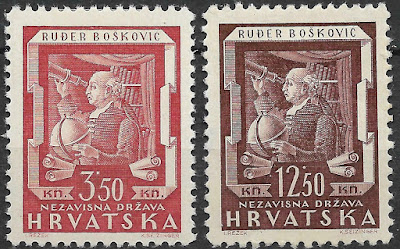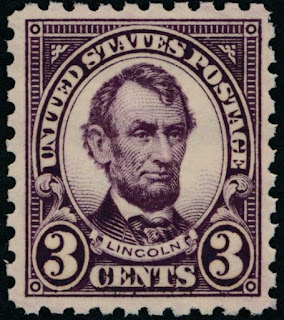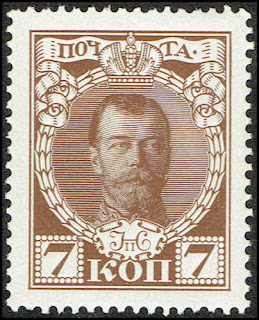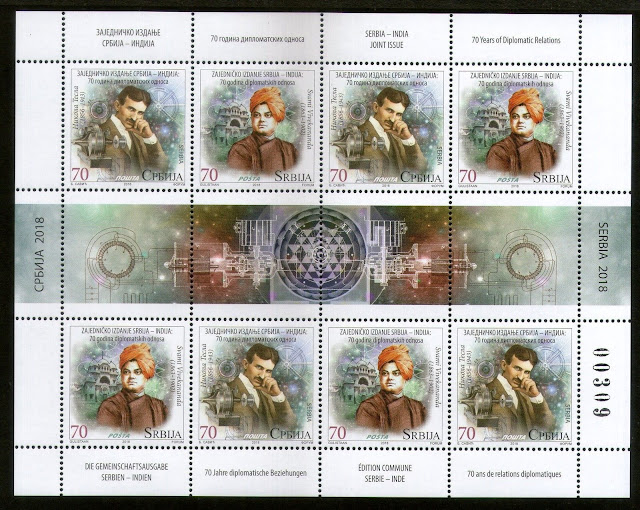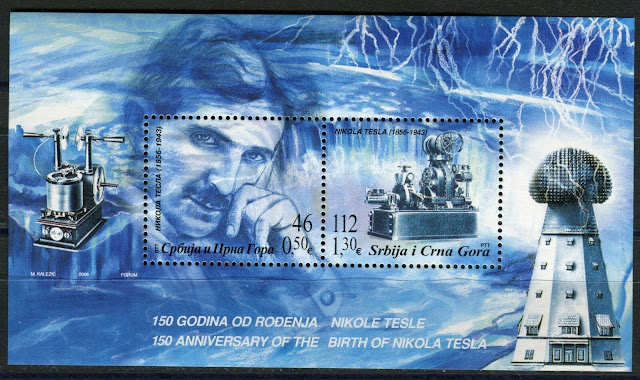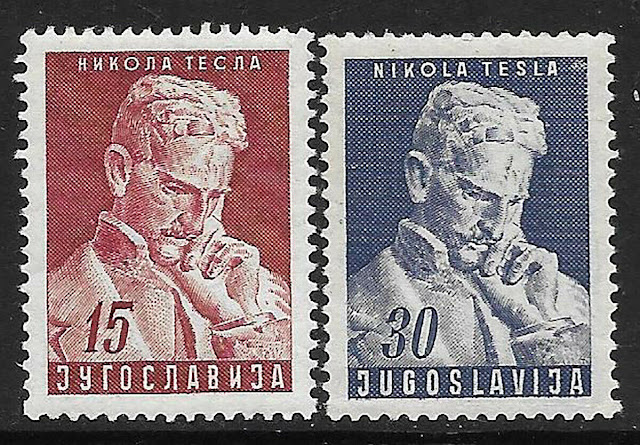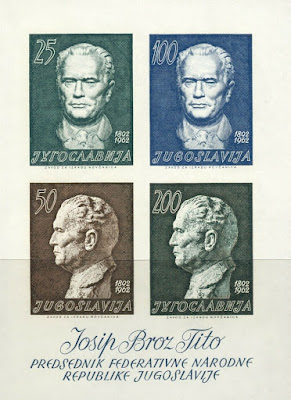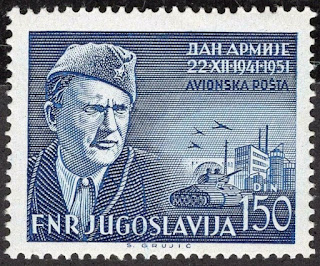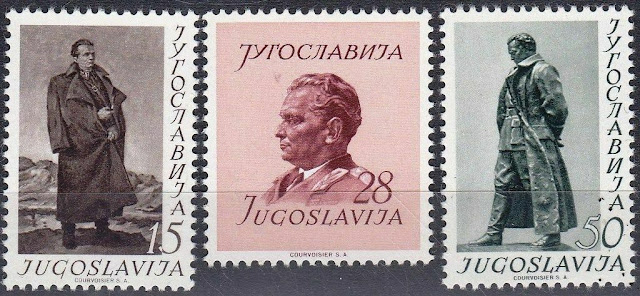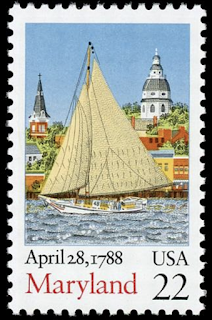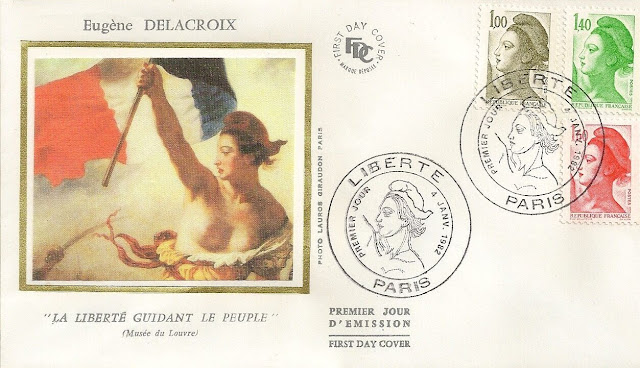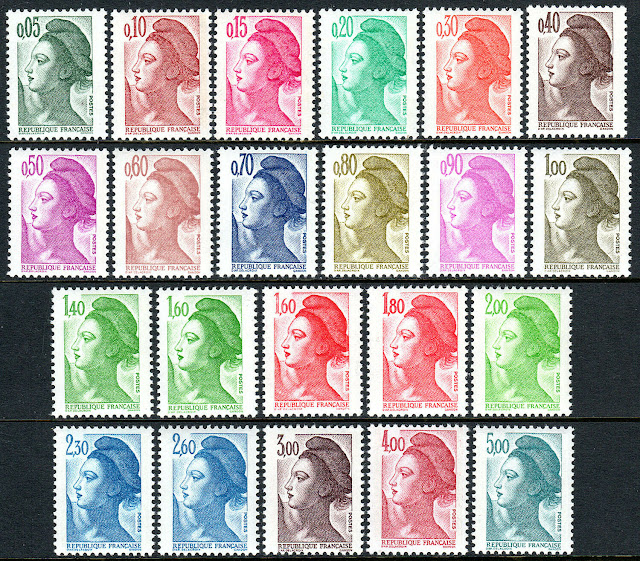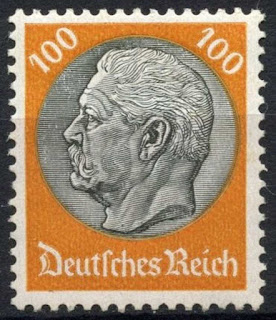Here are some events that happened on May 18th. It could be an event or a person that died or was born on that day
1711 Born: Roger Joseph Boscovich, Ragusan physicist, astronomer, and mathematician (d. 1787)
Roger Joseph Boscovich (18 May 1711 – 13 February 1787) was a physicist, astronomer, mathematician, philosopher, diplomat, poet, theologian, Jesuit priest, and a polymath from the Republic of Ragusa (modern-day Dubrovnik, Croatia). He studied and lived in Italy and France where he also published many of his works.
Boscovich produced a precursor of atomic theory and made many contributions to astronomy, including the first geometric procedure for determining the equator of a rotating planet from three observations of a surface feature and for computing the orbit of a planet from three observations of its position. In 1753 he also discovered the absence of atmosphere on the Moon.
Stamps from Croatia, the Vatican and Yugoslavia depicting Boscovich
1804 – Napoleon Bonaparte is proclaimed Emperor of the French by the French Senate.
1860 – Abraham Lincoln wins the Republican Party presidential nomination over William H. Seward, who later becomes the United States Secretary of State.
Abraham Lincoln (February 12, 1809 – April 15, 1865) was an American statesman and lawyer who served as the 16th president of the United States from March 1861 until his assassination in April 1865. Lincoln led the nation through the American Civil War, its bloodiest war and its greatest moral, constitutional, and political crisis. He preserved the Union, abolished slavery, strengthened the federal government, and modernized the U.S. economy.
Born in Kentucky, Lincoln grew up on the frontier in a poor family. Self-educated, he became a lawyer, Whig Party leader, Illinois state legislator and Congressman. In 1849, he left government to resume his law practice, but angered by the success of Democrats in opening the prairie lands to slavery, reentered politics in 1854. He became a leader in the new Republican Party and gained national attention in 1858 for debating national Democratic leader Stephen A. Douglas in the 1858 Illinois Senate campaign. He then ran for President in 1860, sweeping the North and winning. Southern pro-slavery elements took his win as proof that the North was rejecting the constitutional rights of Southern states to practice slavery. They began the process of seceding from the union. To secure its independence, the new Confederate States of America fired on Fort Sumter, one of the few U.S. forts in the South. Lincoln called up volunteers and militia to suppress the rebellion and restore the Union.
As the leader of the moderate faction of the Republican Party, Lincoln confronted Radical Republicans, who demanded harsher treatment of the South; War Democrats, who rallied a large faction of former opponents into his camp; anti-war Democrats (called Copperheads), who despised him; and irreconcilable secessionists, who plotted his assassination. Lincoln fought the factions by pitting them against each other, by carefully distributing political patronage, and by appealing to the American people. His Gettysburg Address became an iconic call for nationalism, republicanism, equal rights, liberty, and democracy. He suspended habeas corpus, and he averted British intervention by defusing the Trent Affair. Lincoln closely supervised the war effort, including the selection of generals and the naval blockade that shut down the South's trade. As the war progressed, he maneuvered to end slavery, issuing the Emancipation Proclamation of 1863; ordering the Army to protect escaped slaves, encouraging border states to outlaw slavery, and pushing through Congress the Thirteenth Amendment to the United States Constitution, which outlawed slavery across the country.
Lincoln managed his own re-election campaign. He sought to reconcile his damaged nation by avoiding retribution against the secessionists. A few days after the Battle of Appomattox Court House, he was shot by John Wilkes Booth, an actor and Confederate sympathizer, on April 14, 1865, and died the following day. Abraham Lincoln is remembered as the United States' martyr hero. He is consistently ranked both by scholars and the public as among the greatest U.S. presidents.
US stamps and a First Day Cover depicting Abraham Lincoln
1868 Born: Nicholas II of Russia (d. 1918)
1922 Died: Charles Louis Alphonse Laveran, French physician and parasitologist, Nobel Prize laureate (b. 1845)
Charles Louis Alphonse Laveran (18 June 1845 – 18 May 1922) was a French physician who won the Nobel Prize in Physiology or Medicine in 1907 for his discoveries of parasitic protozoans as causative agents of infectious diseases such as malaria and trypanosomiasis. Following his father, Louis Théodore Laveran, he took up military medicine as his profession. He obtained his medical degree from University of Strasbourg in 1867.
At the outbreak of the Franco-Prussian War in 1870, he joined the French Army. At the age of 29 he became Chair of Military Diseases and Epidemics at the École de Val-de-Grâce. At the end of his tenure in 1878 he worked in Algeria, where he made his major achievements. He discovered that the protozoan parasite Plasmodium was responsible for malaria, and that Trypanosoma caused trypanosomiasis or African sleeping sickness. In 1894 he returned to France to serve in various military health services. In 1896 he joined Pasteur Institute as Chief of the Honorary Service, from where he received the Nobel Prize. He donated half of his Nobel prize money to establish the Laboratory of Tropical Medicine at the Pasteur Institute. In 1908, he founded the Société de Pathologie Exotique.
Laveran was elected to French Academy of Sciences in 1893, and was conferred Commander of the National Order of the Legion of Honour in 1912.
Swedish stamp depicting Laveran and Kipling, 1907 Nobel Prize winners
